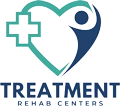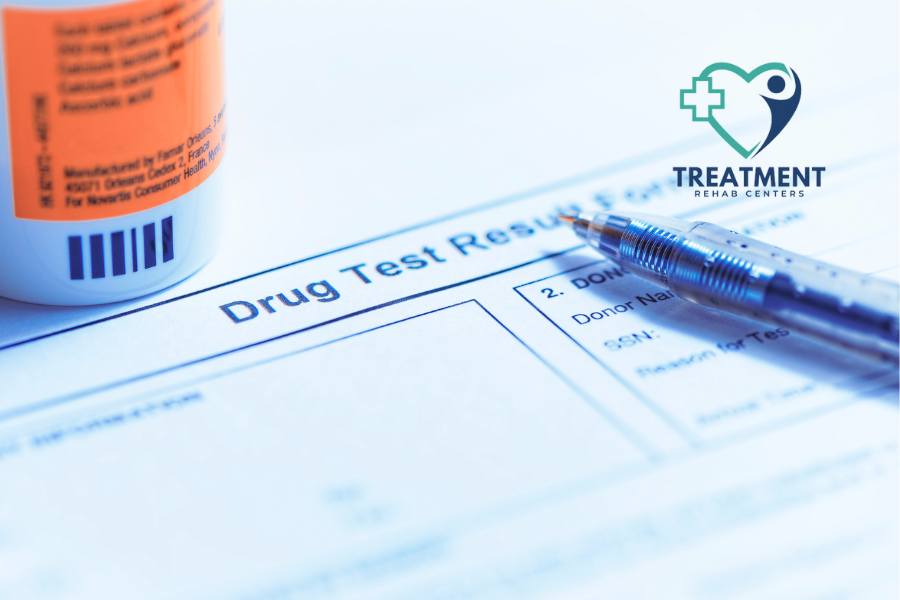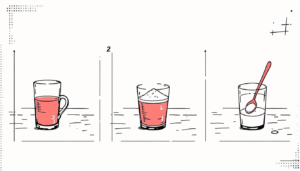Failing a drug test, especially a DISA Global Solutions drug test, can be a huge stress and leave you with so many questions. DISA drug testing is important for employers to comply with workplace safety standards and navigate the complex testing laws.
DISA drug tests are used by employers in industries like transportation, construction, and energy where safety is vital.
So what happens after a failed DISA drug test?
Here’s where this guide will be of real use: if you’ve just failed a DISA drug test, understanding the process, consequences, and recovery options can help you get through this sticky situation.
Keep reading our resource from TreatmentRehabCenters.org to get the resources (and answers) you need for return-to-duty clearance and more!
A Basic Background on DISA Drug Testing
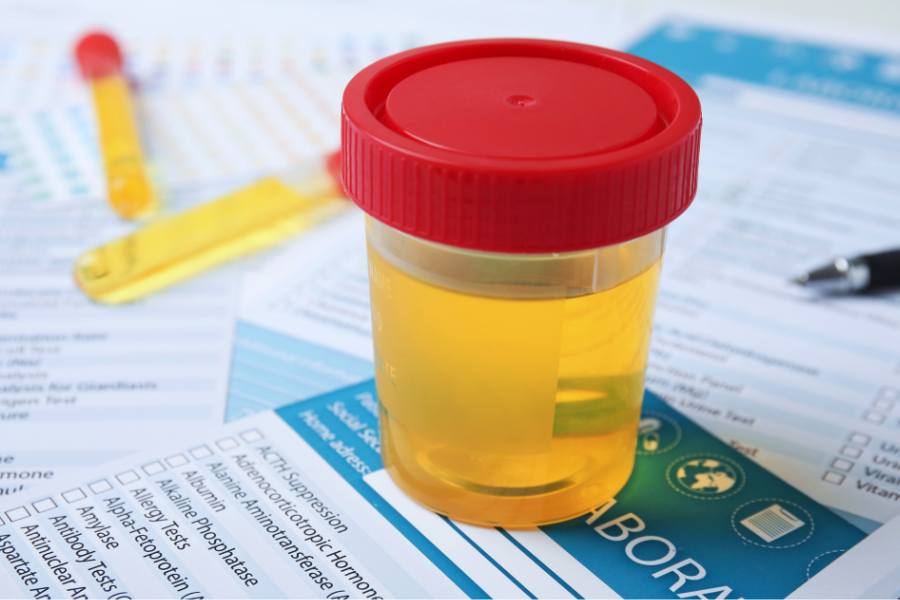
DISA Global Solutions offers drug and alcohol testing services for employers to ensure workplace safety.
DISA tests are used in high-risk industries like transportation and oil and gas where they monitor employee well-being and prevent substance use disorders for workplace safety.
These tests are highly regulated and often required for employees in safety-sensitive roles or industries governed by federal guidelines like the Department of Transportation (DOT).
DISA offers:
- Pre-employment testing
- Random drug testing
- Post-accident testing
- Return-to-duty testing
Tests can include panels for marijuana, cocaine, opioids, amphetamines, and alcohol. DISA follows strict protocols to ensure accuracy and compliance with workplace policies.
Types of DISA Drug Tests
DISA offers different types of drug tests to suit different needs and industries. The most common types of drug tests are:
- Urine Testing: This is the most popular method of drug testing. It measures the presence or absence of drug metabolites in the urine so it’s a good indicator of recent drug use. Urine tests are used for pre-employment, random, and post-accident testing due to their accuracy and cost-effectiveness.
- Hair Testing: This type of testing can detect repeated drug use within a 90-day period. A small hair sample can show the presence of marijuana, cocaine, amphetamines, methamphetamines, PCP, and opiate painkillers. Hair tests are good for detecting long-term patterns of drug use.
- Oral Fluid Testing: Also known as mouth swabbing, this test can show if an employee has used drugs within 48 hours of the test. Oral fluid testing is less invasive and can be done on-site so it’s a convenient option for random and reasonable suspicion testing.
- Evidential Breath Alcohol Testing (EBAT): This test measures current alcohol impairment and intoxication levels after blowing into a Breathalyzer. EBAT is used in post-accident and reasonable suspicion scenarios to determine if alcohol is a factor in workplace incidents.
Each type of drug test has its pros and cons and the choice of test depends on the employer and industry. By knowing the different testing methods, employers can choose the right one to ensure a safe and compliant workplace.
Why You May Fail a DISA Drug Test
Failing a DISA drug test means one or more substances were detected in your system above the acceptable limits. Here are some common reasons:
- Recreational Drug Use: Marijuana or cocaine, opioids, or various prescription drugs, can cause a positive result.
- Prescription Medication: Even legally prescribed medication can cause a failure if not disclosed beforehand.
- Accidental Exposure: Rare cases like secondhand smoke or accidental ingestion can cause a positive result.
- Alcohol Use: Drinking too much before a test can cause a positive result for alcohol.
A hair test can detect long-term substance use and can cause a failure.
What Happens If You Fail a DISA Drug Test?
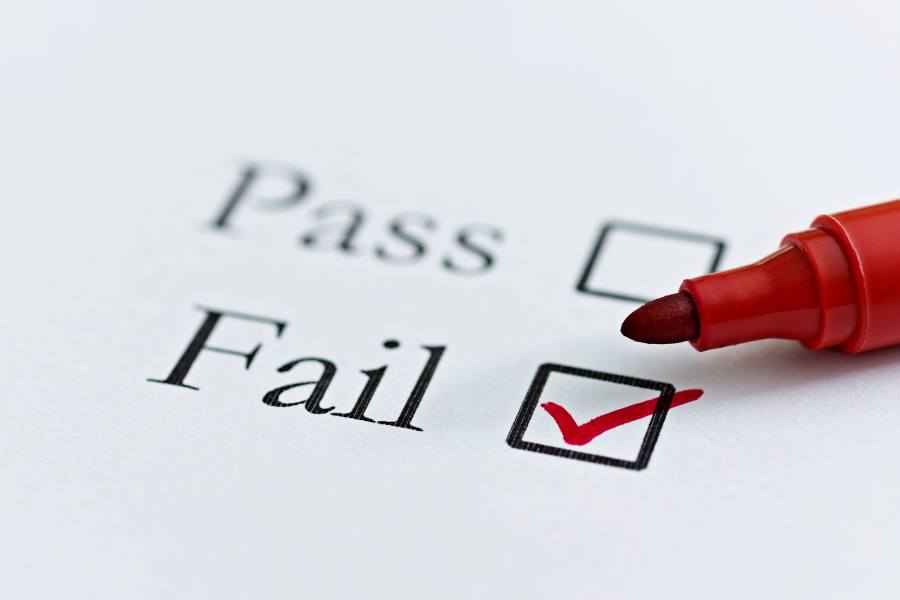
The consequences of failing a DISA drug test depend on several factors, employer’s policy, job type, and federal or state laws.
The action taken, such as license suspension can vary depending on company policy and the employee’s role in the company. Below is a summary of what to expect:
1. Results Notification
After testing, DISA will notify you and your employer of the test results. Positive results go to confirmation testing to ensure accuracy.
If a substance is detected, the Medical Review Officer (MRO) may contact you to see if the result could be due to prescribed medication.
2. Employment Consequences
Failing a DISA drug test can result in immediate action when an employee fails:
- Suspension or Termination: Many companies have zero tolerance policy for substance use.
- Removed from Safety Sensitive Roles: Employees in federally regulated industries like trucking or aviation may lose clearance for certain positions.
3. DISA Clearinghouse
Your failed test will be recorded in the DISA database which is a shared database for participating employers.
This may affect your ability to get future employment as many companies check this database during the hiring process.
4. Return-to-Duty Process
If your employer allows it, you may go through a Return-to-Duty process which includes:
- A substance abuse evaluation by a certified professional.
- Enroll in and complete a treatment or education program.
- Pass follow-up drug tests to show ongoing compliance.
What Are Your Rights After a Failed Test
While failing a DISA drug test has serious consequences, you still have rights. Knowing these can help you:
- Request a Retest: If you think the result is inaccurate, you can request a retest of the sample.
- Explain Medical Use: If a prescribed medication causes a positive result, providing proof to the MRO can sometimes overturn the result.
- Legal Advice: If you feel your rights were violated or testing was not followed properly, consult a labor attorney.
DOT Compliance in Sensitive Industries and Workplaces
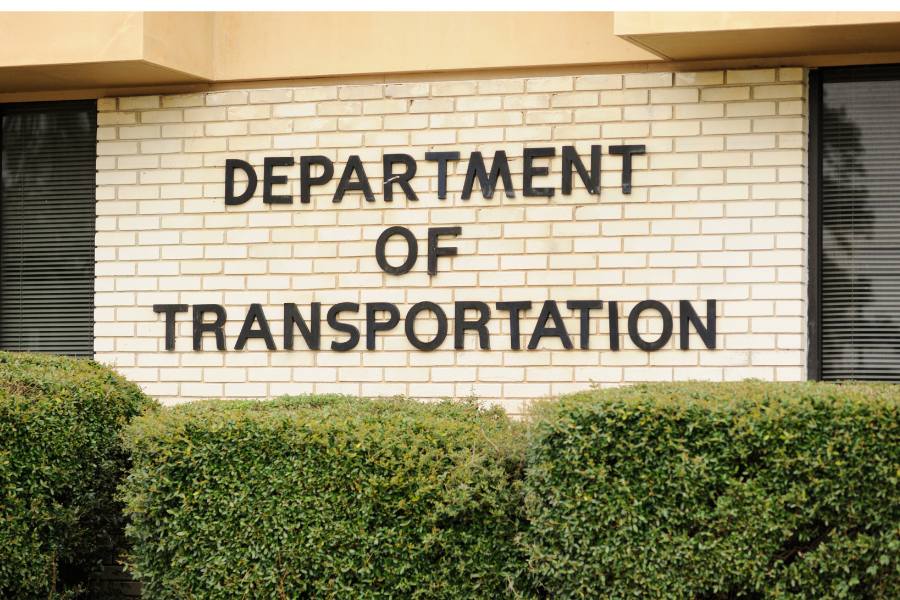
Maintaining DOT compliance is critical for employers in safety-sensitive industries. DISA Global Solutions has solutions for a safer workplace. Here are ways to maintain compliance:
- Comprehensive Drug and Alcohol Testing Program: This should include pre-employment, random, post-accident, and reasonable suspicion testing. A total program covers all scenarios and reduces the risk of non-compliance.
- Testing for Safety-Sensitive Positions: Make sure all employees in safety-sensitive positions are tested for drugs and alcohol. This maintains a high level of safety and compliance in the workplace.
- Use a Qualified Substance Abuse Professional (SAP): A SAP can evaluate an employee who tests positive and recommend treatment and education programs. This step is part of the Return-to-Duty process and ensures the employee gets the help they need.
- Record Keeping: Keep detailed records of all drug and alcohol tests, test results, employee notifications, and follow-up evaluations. Accurate records are key to passing audits and inspections.
- Employee Education: Train employees on the dangers of drug and alcohol use and the consequences of testing positive. Educated employees will follow company policies and make better choices.
By following these steps employers can maintain DOT compliance and have a safer workplace. DISA Global Solutions has the tools and expertise to help you implement and manage a drug and alcohol testing program.
Random Testing and Follow Up Evaluations
Random testing and follow-up evaluations are part of a total drug and alcohol testing program. Here’s what you need to know:
- Random Testing: Random testing is the testing of a random selection of employees without prior notice. It’s designed to deter drug and alcohol use and to identify employees who are using substances. Random testing keeps the workplace drug-free by making sure all employees are testable at all times.
- Follow-Up Evaluations: Follow-up evaluations are done after an employee has completed a treatment and education program. These evaluations are to ensure the employee is following the program and to provide ongoing support and monitoring. Follow-up evaluations include additional drug and alcohol tests and regular check-ins with a Substance Abuse Professional (SAP).
Random testing and follow-up evaluations can help employers:
- Identify employees who are using drugs or alcohol.
- Provide resources to employees who are struggling with substance use.
- Be DOT compliant.
- Have a safer workplace.
By adding random testing and follow-up evaluations to your drug and alcohol testing program you can have a safer and healthier work environment. It protects all employees and supports those who are in recovery and compliance.
What Happens if I Fail a Drug Test
Failing a test can have immediate and long-term effects on your career:
Failing a DISA test can put you into mandatory random testing and potential career consequences such as difficulty finding new employment and damage to your professional reputation.
- Difficulty Finding New Employment: Many employers do background checks including drug testing history. A failed test in the DISA system will limit future job opportunities.
- Professional License Risks: Jobs that require certifications or licenses (e.g. CDL for truck drivers) may require you to complete additional steps to get your credentials back.
- Professional Reputation: News of a failed test can get out in your industry and affect your professional relationships.
What to Do After Failing a DISA Drug Test

Failing a test is a bump in the road but it doesn’t mean your career is over. Knowing when and why employees are tested (during hiring, after an incident, randomly) is key to a safe workplace and understanding what happens if you fail a test. Here’s what you can do:
1. Get Professional Help
If substance use is an ongoing problem get help from a licensed treatment center. Treatment options are:
- Inpatient Rehab: A structured environment for those who need intense care.
- Outpatient Programs: Flexible options for those who have work or family responsibilities.
- Counseling and Therapy: Individual or group therapy to address the underlying causes of substance use.
2. Return to Duty Process
Follow all steps required by your employer or probation officer to get back to work. This may include:
- Substance abuse treatment or education.
- Random drug testing for a period of time.
- Regular check-ins with a Substance Abuse Professional (SAP).
3. Tell Future Employers
If your failed test is in the DISA Clearinghouse be honest with future employers. Explain what happened, what you did to fix it, and your commitment to being drug-free.
Prevention: How to Not Fail Again
Preventing another failed test means making conscious decisions to protect your career and yourself. Here’s how:
- Know the Testing Policy: Understand what substances are prohibited by your employer or industry.
- Disclose Prescriptions: Tell testing personnel of any prescriptions before the test.
- Avoid High-Risk Situations: Be aware of environments or situations that could lead to accidental exposure.
- Stay Clean: Commit to being drug-free for long-term career and personal success.
Resources to Get Help and Recovery
Failing a test is not the end of the road. Here are resources to help you recover and get your career back on track:
- Treatment Centers: Effective rehab programs offer medical detox, therapy, and aftercare planning.
- Substance Abuse and Mental Health Services Administration (SAMHSA): Has a helpline and directory of treatment providers nationwide.
- Employee Assistance Programs (EAPs): Many companies have confidential services for employees struggling with substance use.
Failing a DISA Drug Test Can Be Overcome With Support

Failing a DISA drug test is a big bump but it’s also an opportunity to reflect and make positive changes. By understanding what happens, taking action to fix any problems, and committing to being healthier you can get through this and move forward.
Everyone makes mistakes, and what matters most is how you respond. With the right support and determination, recovery and success are within your reach.
If this situation is all too real for you or a loved one, please don’t hesitate to reach out to TreatmentRehabCenters.org and our caring, expert recovery reps today.
All calls are strictly confidential, and we can provide facilities matched to your needs, often within minutes.
